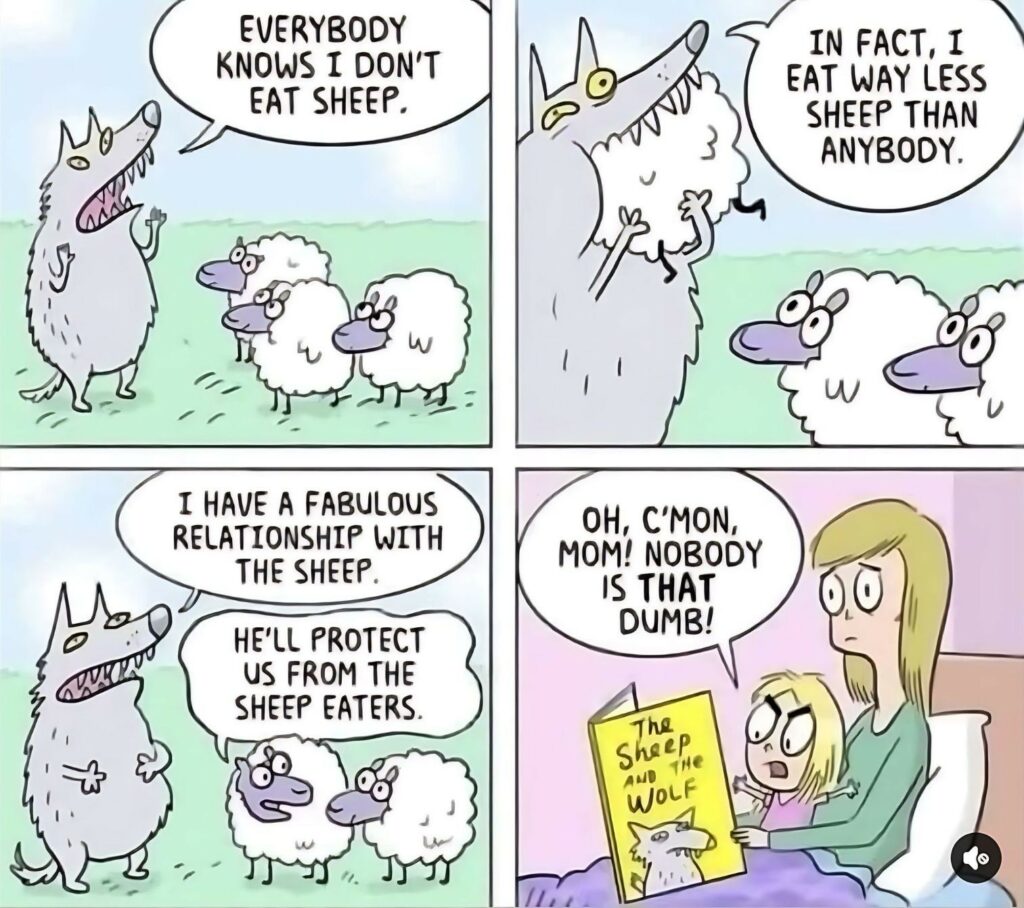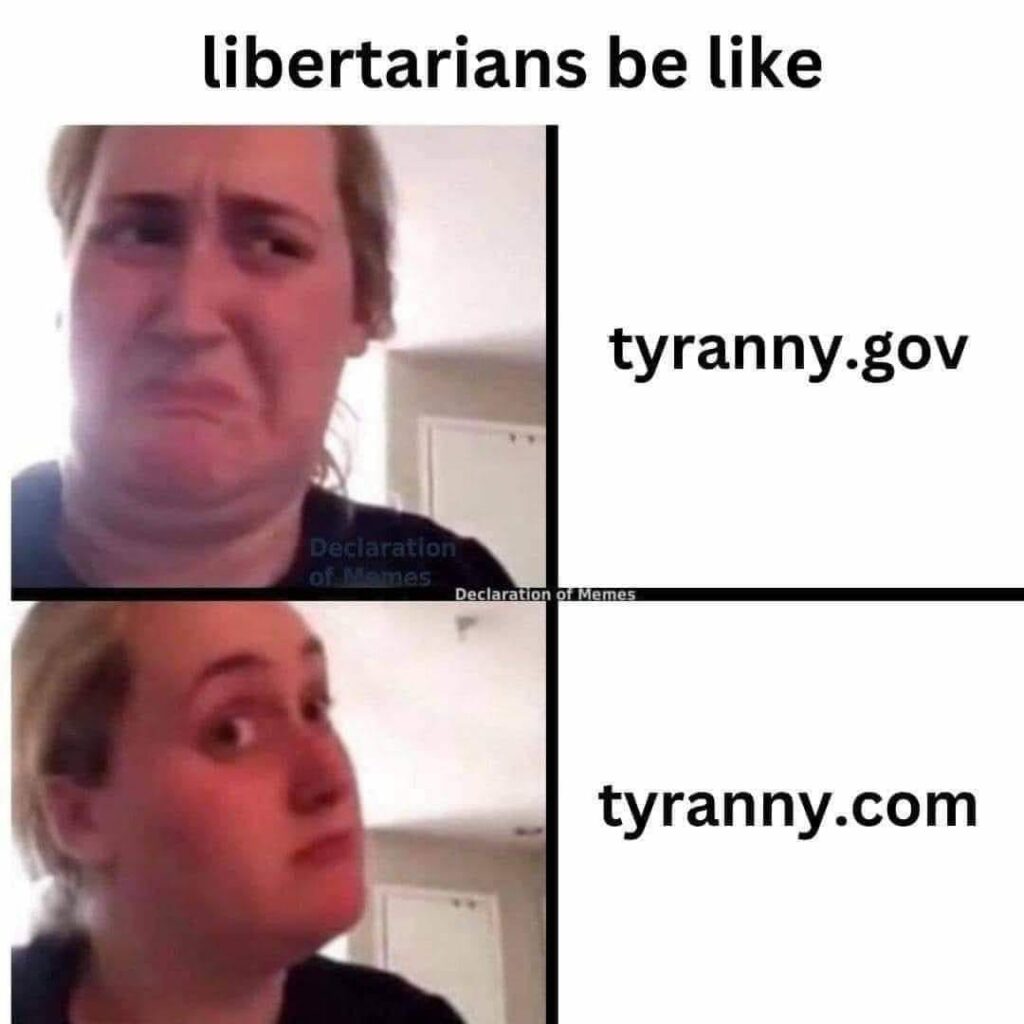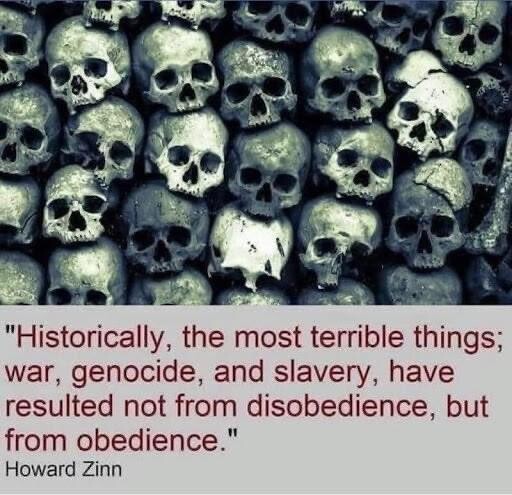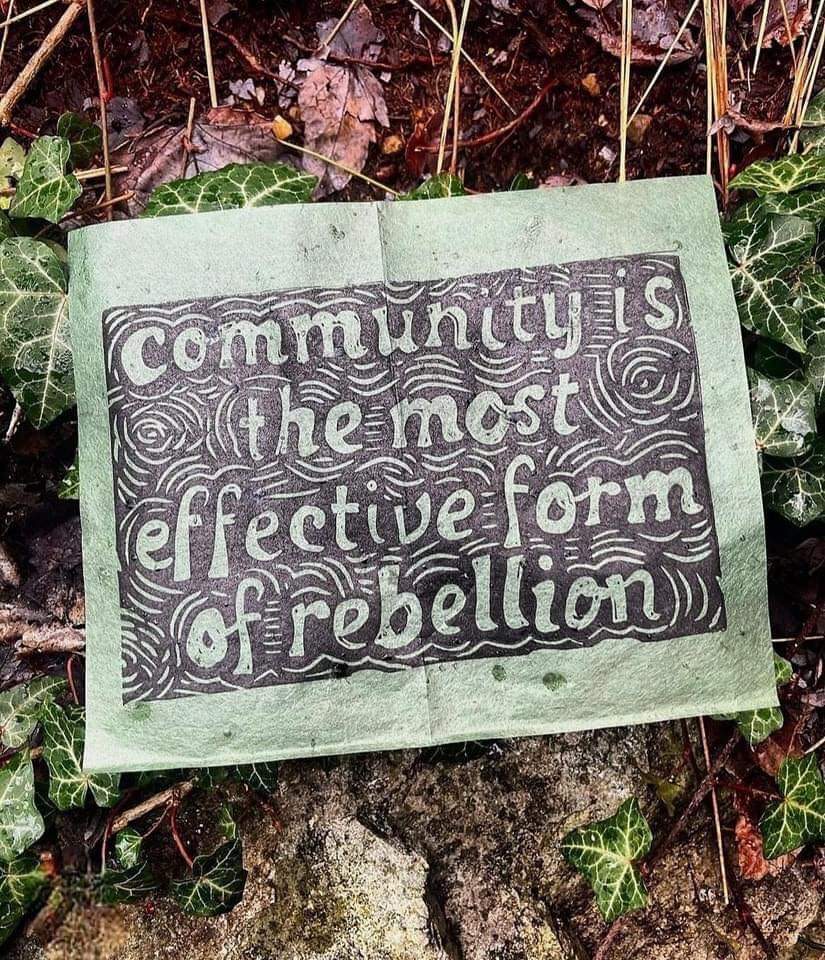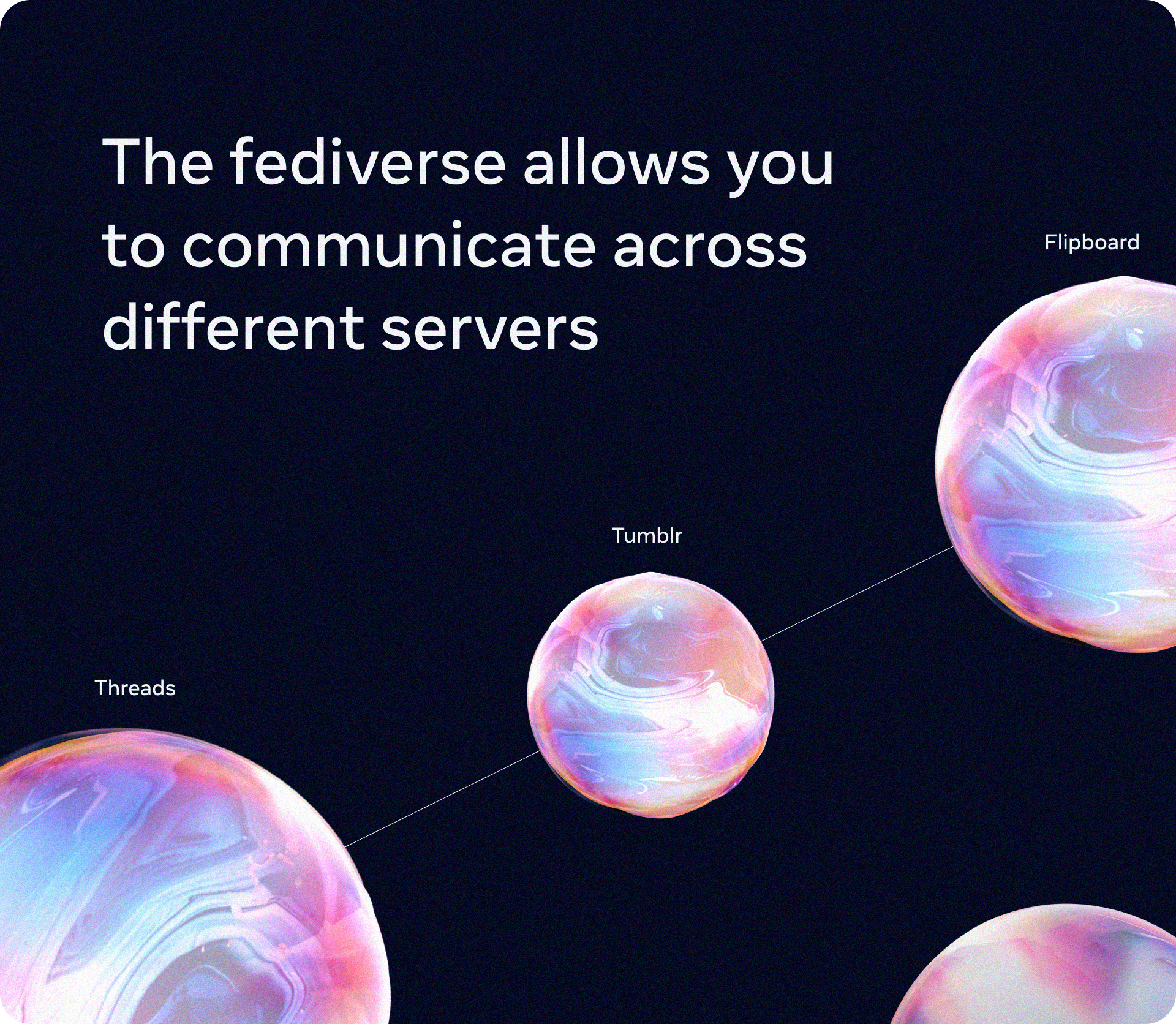There is a divide in #FOSS between #openculture and #opensource that is becoming more visible and a significant tension is growing, with each movement originating from different perspectives on sharing and collaboration, even though they overlap in the broad mission of making knowledge and technology accessible. You can see this in the AI debates and in grassroots “governance” in the #Fediverse and the issues this brings up as current examples. The differences are in focus and motivation:
- Value path: Open Source focuses on the technical, structured development of software, with licences that ensure people can access, modify, and redistribute code. It tends to be practical, driven by the necessity to create robust, community-driven technology.
- Open Culture, however, extends beyond software to include media, art, and knowledge. It centres around the idea that cultural paths – art, literature, music, and other media – should be accessible and adaptable by more people. It values knowledge sharing in all forms, encompassing the ethical path that information and culture should be democratized.
- Legal frameworks and licences: Open Source relies on licences like GPL, Apache, and MIT licenses that set clear boundaries on how code can be used and ensure that software modifications remain open. This fosters collaboration but also keeps contributions within a strong structured framework.
- Open Culture, leans on Creative Commons (CC) licences, which are more flexible in terms of content usage and address a broader range of creative and educational materials. These licences vary widely, allowing authors to shape how much or how little freedom people have to use their contributions, which can lead to different interpretations of “openness.”
- #FOSS and Open Source communities are more driven by practical needs and more standardized approach to governance, which function at times as gatekeeping and can be seen as restrictive by Open Culture advocates. There’s often an emphasis on the meritocratic and structured contributions, rather than the more messy cultural paths.
- Open Culture communities are more fluid, valuing inclusivity, encouraging contributions from broader groups. This can create tension with Open Source projects that prioritize hard structured paths.
Today, we see this division in action with increasing calls from the Open Culture side for a more inclusive, less restrictive approach. Open Culture argue that #FOSS and Open Source can be too rigid, excluding many types of cultural contributions and voices that don’t fit neatly into software development paths. Conversely, Open Source proponents view Open Culture as lacking in the clear boundaries that have shaped Open Source to work in structured technological development paths.
Bridging the gap: For #openweb projects, addressing this divide to respect a path for both technical standards and the inclusiveness Open Culture calls for. Projects like #OMN and #4opens navigate this divide, building on community-driven networks where technical governance is balanced with cultural openness. We push the building of tools that emphasize accessibility and collaboration – while being technically robust and community-driven to bridge the gap, aligning Open Source rigour with Open Culture’s inclusiveness.
To move forward, both communities benefit from dialogues focused on shared values, finding where their paths complement each other, but with clear strengthens and weakness to both paths. This issue is important as we confront the composting of #techshit and #dotcons and in the wider world the onrushing #climatechaos that all require technological, cultural, and social reshaping to adapt.

Then there is this issue to think about https://lovergine.com/foss-governance-and-sustainability-in-the-third-millennium.html
